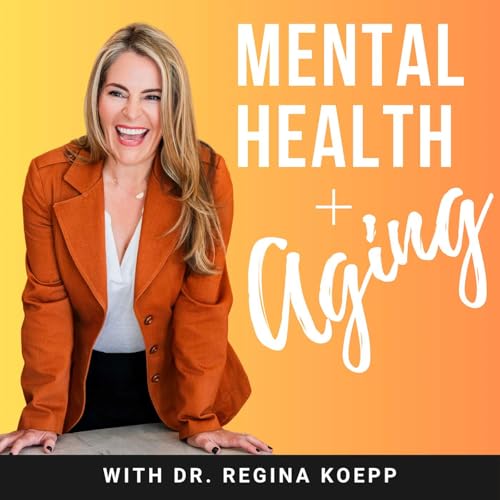
#129 - Sleep Problems & Dementia Risk: What Every Provider Must Know
No se pudo agregar al carrito
Add to Cart failed.
Error al Agregar a Lista de Deseos.
Error al eliminar de la lista de deseos.
Error al añadir a tu biblioteca
Error al seguir el podcast
Error al dejar de seguir el podcast
-
Narrado por:
-
De:
Last week, a therapist told me about her client, an 82-year-old woman who hadn’t had more than 6 hours of sleep in years. “It’s just part of getting older,” the woman sighed. But here’s the truth—fatigue isn’t a normal part of aging, and chronic sleep problems may be quietly raising her risk for dementia. As professionals, we can no longer shrug off insomnia in older adults. The stakes are simply too high.
In this episode, I reveal the powerful connection between chronic sleep problems and dementia risk—and why ignoring insomnia symptoms can have lasting consequences for brain health.
Here's What You'll Learn In This Episode:
- Why half of older adults report insomnia symptoms (even if they don’t meet full diagnostic criteria)
- How sleep architecture changes with age—and why that’s not the same as insomnia
- The role of deep sleep in clearing beta amyloid, consolidating memory, and regulating emotions
- Three major research studies linking short sleep duration to higher dementia risk
- Five practical steps you can take to assess and improve sleep in older adults
- Why Cognitive Behavioral Therapy for Insomnia (CBT-I) is the gold standard, especially for people 65+
- The dangers of common over-the-counter sleep aids for older adults
- How collaborating with primary care and sleep medicine providers can change outcomes
As professionals, we hold the keys to better brain health in aging—often starting with something as simple, yet essential, as quality sleep.
Click here to go to show notes and get resources on sleep and aging.
Have a topic idea? Send us a text.
PROFESSIONALS: Grab your free guide to working with older adults here
Attention Social Workers, Therapists, Counselors, Psychologists, Aging Life Care Experts... Click here to get Continuing Education Credits


